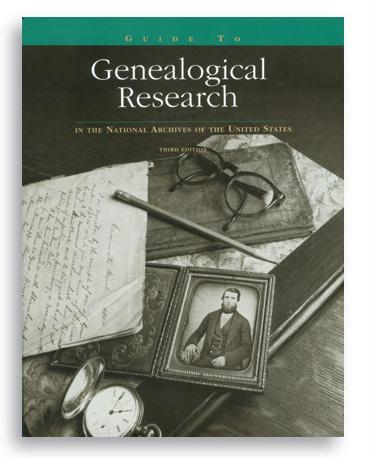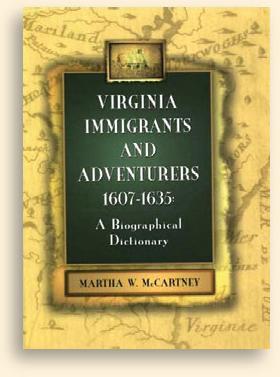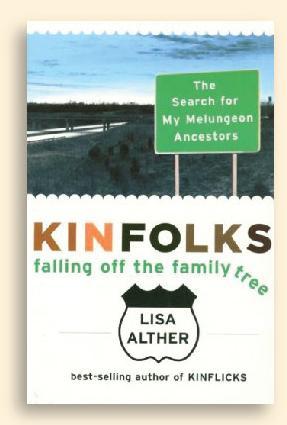Sign up for the Family Tree Newsletter Plus, you’ll receive our 10 Essential Genealogy Research Forms PDF as a special thank you!
Get Your Free Genealogy Forms
"*" indicates required fields
Required Reading: Classic resources you shouldn’t research without.
Nowhere will you find more in-depth and useful coverage of the genealogically significant federal records documenting your ancestors than in Guide to Genealogical Research in the National Archives of the United States (National Archives Trust Fund Board). The third edition, published in 2000, will steer you through well-known records, such as censuses, immigration documents and military files, and lesser-known sources, including those of lighthouse keepers, Cherokee freedmen and civilian government employees. The Guide tells how the records are organized, what information they contain, and which dates they span. It’s an indispensable aid for finding your ancestors among the National Archives and Records Administration’s holdings.
Hot off the Press: New books to heat up your family history search.
1 Forty-eight letters written by James and Elizabeth Prendergast of County Kerry, Ireland, to their children in Boston make up the bulk of The Prendergast Letters: Correspondence From Famine-Era Ireland, 1840-1850 edited by Shelley Barber (University of Massachusetts Press). The book is a model for how to transcribe ancestral letters and put that correspondence into historical perspective.
2 In 1607, America’s first permanent English colony was planted on Jamestown Island in Virginia. Learn all about the original and subsequent colonists in Virginia Immigrants and Adventurers, 1607-1635, A Biographical Dictionary by Martha W. McCartney (Genealogical Publishing Co.). You’ll discover the colonists’ origins, ships, spouses’ and children’s names, land ownership and much more.
3 Although legends abound about Melungeon origins, this unique ethnic group of the Appalachian area is a triracial mix of white, black and American Indian. Kinfolks: Falling off the Family Tree — The Search for My Melungeon Ancestors by Lisa Alther (Arcade Publishing) offers an intriguing and humorous memoir that’s part travelogue, part family history search and part Appalachian social history.
Pro’s Picks: Genealogy gurus share their reading recommendations.
Finding Oprah’s Roots, Finding Your Own by Henry Louis Gates Jr. (Crown Publishing)
• Recommended by: Patricia Moseley Van Skaik, manager of the Genealogy and Local History Department at the Public Library of Cincinnati and Hamilton County <www.cincinnatilibrary.org>
• Book summary: Esteemed historian Henry Louis Gates Jr. takes the reader beyond the research featured in his PBS documentary “Oprah’s Roots” to demonstrate genealogical research methods and the power of discovering your family’s past.
• Likes and dislikes: Of special interest were the discussions of African-American naming patterns and records for crossing into the slave era. The DNA chapter provides an understandable explanation for anyone who’s reached the end of or wishes to complement the paper trail. But in an effort to be accessible to a general audience, at times the author only scratches the surface.
• Behind the scenes: We ordered this book for our library, and I read it because I wanted to learn more about the research behind “Oprah’s Roots.”
• Lasting impressions: The book combines research methods with a moving drama. Though the focus is on African-American family history, many of the methods and resources are applicable to families of European descent.
• Best bonus: Many of Oprah’s ancestors’ defied general trends. This book encouraged me to look at both historical factors during my ancestors’ lives and ways their experiences might have differed.
From the November 2007 issue of Family Tree Magazine.
ADVERTISEMENT





